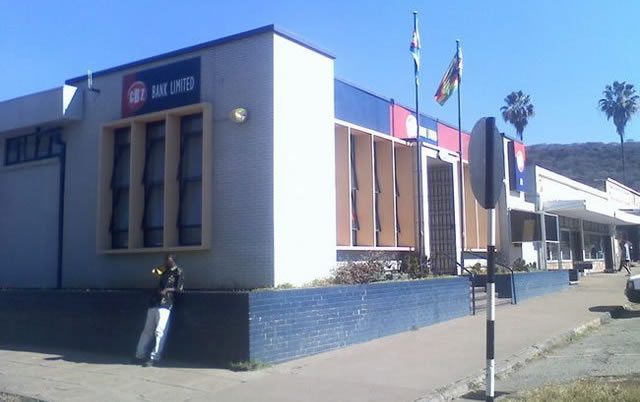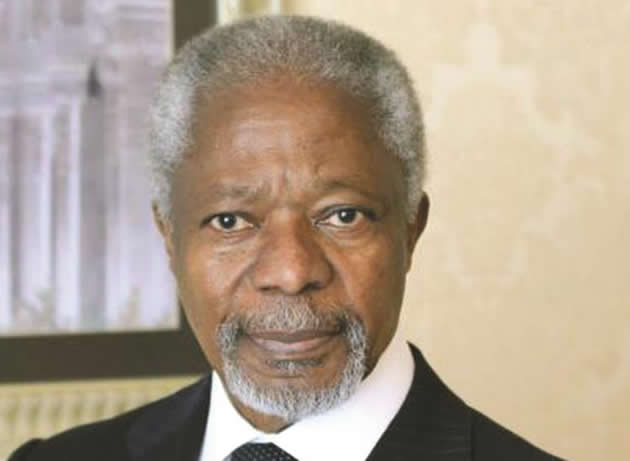Banks to continue funding agric

 Enacy Mapakame Business Reporter
Enacy Mapakame Business Reporter
BANKS have committed to continue providing funding towards agriculture sector while discussions over the use of 99-year leases as collateral continue. The 99-year leases have been a bone of contention between farmers and banks, with the latter holding back on advancing loans in the absence of bankable collateral. Resultantly, newly resettled farmers have struggled to access adequate funding
CBZ Holdings head of agribusiness Cordiad Munemo told delegates at a Zimbabwe National Chamber of Commerce breakfast meeting yesterday that the necessary stakeholders were still negotiating over the bankability of the 99 year leases.
He said banks would provide funding for viable projects, albeit the unavailability of collateral.
Agribank official Mr Divine Ngwenya said while negotiations on the bankability of the 99-year leases were still progressing, the bank would continue financing the sector.
“As for the 99-year leases, it is still work in progress with bankers and farmers. But banks can only finance viable projects and collateral is necessary in case we do not get the money back.
“This is depositors’ money and therefore should be available when depositors ask for it.
“Banks are there to promote development and want more business in agriculture,” said Mr Munemo.
CBZH, which is the biggest lender in Zimbabwe with a loan book size of over $1 billion extended 32 percent of its loans to agriculture in the half year to June 30, 2016.
The bank, however, booked a 3,8 percent increase in bad loans due to the poor performance in the sector. Other financial institutions ZBFH, Barclays, MBCA, and Agribank channelled 14 percent, 9 percent, 19 percent and 34 percent respectively of their lending to agriculture in the first half of the year.
The agriculture sector has accounted for 22 percent of the five banks’ total loans given out in the first half of the year.
Mr Ngwenya said Agribank was working towards securing lines of credit from international funders to increase agriculture lending. The bank, which was removed from the OFAC sanctions list recently, has been struggling to raise adequate funds to finance agriculture.
It recorded $2 million profit for the half year to June 30, 2016, its first ever profit since dollarisation.
“The bank has been under sanctions and because of that, could not mobilise lines of credit to fully finance agriculture.
“Prior to sanctions, the bank got funding from international funders,” he said.
The bankers, however, acknowledged interest rates at 15 percent for the productive sectors were still high for a dollarised economy.









Comments